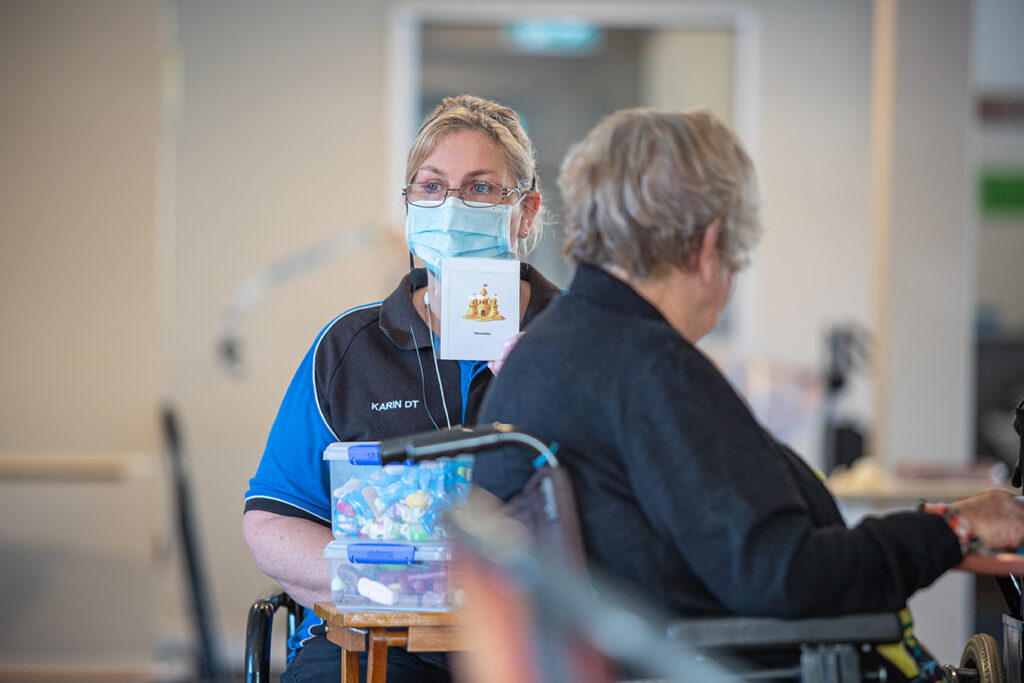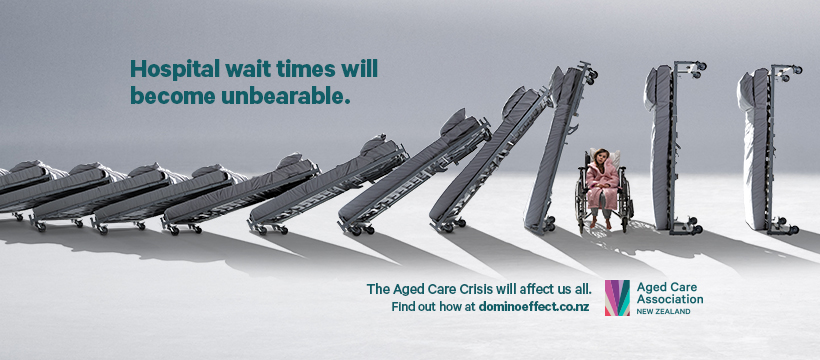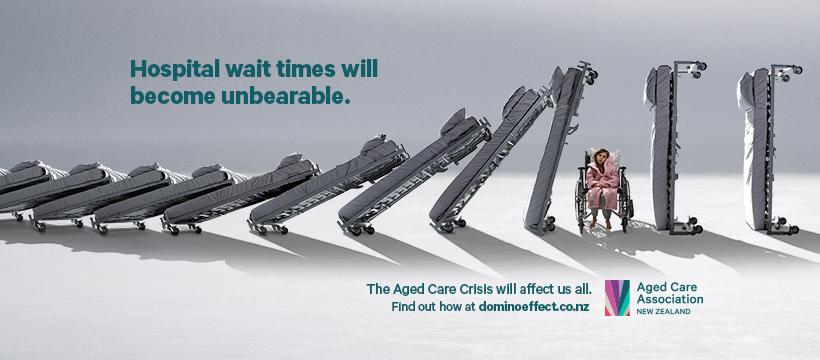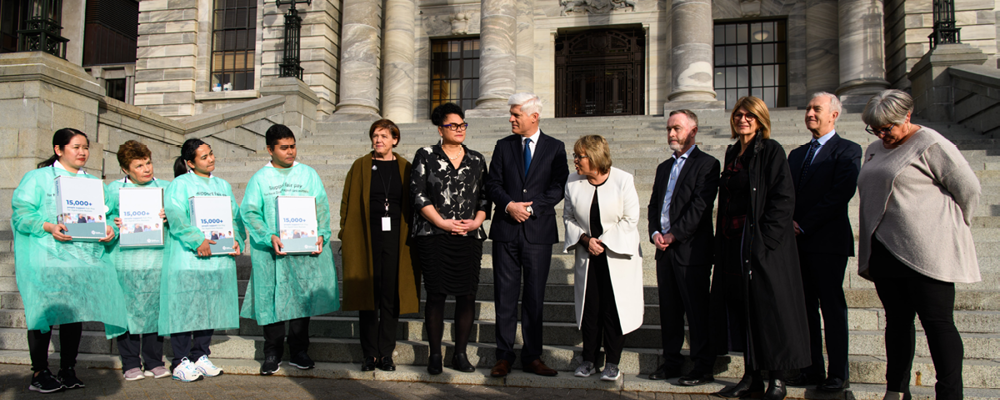In Minister Bishop’s speech announcing future development and growth requirements for councils, he articulated his belief that a well-functioning housing market that delivers thriving cities, growing productivity, and super-charged industry will create a future that is bright for everyone. At the Aged Care Association, we want to ensure that the Government, both local and central, ensures that the future they envision creating is just as bright for New Zealand seniors.
Last year, the Retirement Commission reported a doubling of the number of retirees who will be forced to rent over the next 25 years. The 2023 review identified that 20 percent of those aged over 65 do not own their own homes. This figure is expected to jump to 40 percent, or 600,000 people, within the next 24 years.
“We would like to see some thought put into ‘circular house planning,’” said Aged Care Association CE, Tracey Martin. “What we mean by that is when councils are zoning for and consenting these new apartments proposed by the Minister, let’s ensure they can deliver for young couples just starting out on their lives together, starting their family; perhaps before they move into their next more spacious property. But these dwellings also need to acknowledge that one day those young, vibrant couples will also be aged and could need to return to a low maintenance, public-transport-accessible living place. As a country, let’s be smart about this and ensure that these smaller-sized homes are accessible for all, with wider doorways, wet rooms, and no steps – to name just a few design points.
“We also need local government and councils to ensure that their 30-year growth plans include development land earmarked for aged residential care,” said Ms. Martin. “This must include lifestyle provision for all sections of our society. Not all seniors can, will, or want to buy into a large, well-appointed retirement village. Not-for-profit and charitable village, rest home, and residential care facilities must be included in 30-year development and growth planning.”
Over the next 30 years, Aotearoa New Zealand’s population of seniors will grow from around 850,000 (17 percent of the population) to around 1.5 million (24 percent of the population), so any failure to plan for these New Zealanders when considering housing and health care delivery would be an unforgivable omission.












